By Sylvia Akpan
The conversation around making Cross River a period friendly State took center stage recently in Calabar with stakeholders counting gains from consistent sensitization.
Since 2014, following its initiation by German-based non governmental organization, WASH United, May 28 has been set aside as Menstrual Health Day.
The date, May 28th, symbolizes the average 28-day menstrual cycle and the average duration of menstruation, which is five days. The theme for World Menstrual Hygiene Day 2024 was a #PeriodFriendlyWorld, which Miss Rachel Idim an expert on the topic, explained that “poor menstrual hygiene can pose serious health risks like reproductive and urinary tract infections which can result in infertility in the future and birth complications.”
And in Cross River, Brenda Effiom Akpata, founder of BrenCare Foundation says “Together for a #PeriodFriendly Cross River,” was adopted because all hands need to be on deck to achieve that.
She, however, said there have been some gains so far in menstrual health and hygiene education in the State, which is an improvement from the past.
“For the past seven years, we have been consistent in commemorating menstrual hygiene day,” she told CrossRiverWatch in an interview.
“Before we started, there was little conversation about menstrual hygiene awareness. We started and we were so glad other NGOs joined and we now have more advocates. As an organization, we will continue, we will not relent to ensure that girls, teachers, government, NGOs, everyone is involved in the conversation around menstrual hygiene management,” she added.
Nigeria has a near equal population between the male and female gender. In 2021 the Federal Government said about 37 million women and girls have suffered period poverty. But, nothing significant has been done to curb that with the average cost of sanitary pads now above NGN700.
A UNFPA backed study of the coastal State of Lagos found that 77 percent of women and girls have had to reuse sanitary materials that were reusable pads. This, some analysts say, impacts on the number of female children that are out of school.
There have been calls to remove what is called ‘pink tax’ on sanitary products to make them cheaper. NGOs, Civil Society Organizations and philanthropists have been trying to fill the wide gap via donations, road shows among others.
The Brencare foundation is one of the organizations that has been filling the gap. Midweek, it also gathered female students from seven secondary schools in Calabar for a symposium on the issue with the topic; “Understanding Menstrual Health and Hygiene.”
The schools included Special Education Centre Secondary School, UNICAL International Demonstration Secondary School, Government Secondary School Akim, and the World of Promise High School.
Others are; Holy Child Secondary School, Margaret Ekpo Secondary School, and Government Secondary School Lagos Street.
The keynote speaker, Nurse Akama Perfecta Eteng highlighted some difficulties encountered during menstruation which includes temporary weight gain and a feeling of heaviness due to accumulation of water in the body; headaches, cramps, painful or heavy feelings in the breast and feeling of irritability.
She addressed the potential risk to health of poor hygiene and how to dispose of used sanitary pads or a tampon.
The symposium and other activities which saw support from Calabar Mums and the Mediatrix Development Foundation, featured spoken words, games, presentation of gifts, certificates, panel conversations and shared experiences amongst students on how to achieve a period friendly Cross River.
For Mrs. Brenda, having the girls share their menarche experience is amazing even as she hopes for improved collaboration, government interventions in schools through the provision of water, sanitation and hygiene facilities.
Most of the discussants also lamented the disparity in societal approaches and called for sanitary pads to be distributed widely to girls in the same way condoms are distributed as well as the establishment of public WASH facilities.
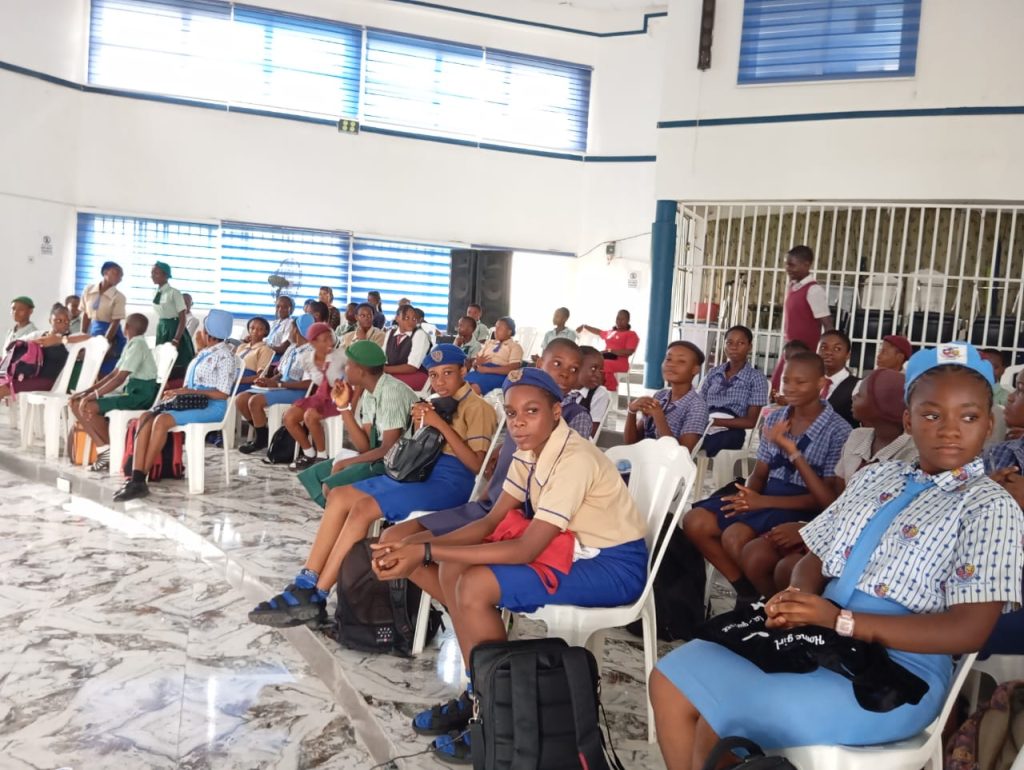
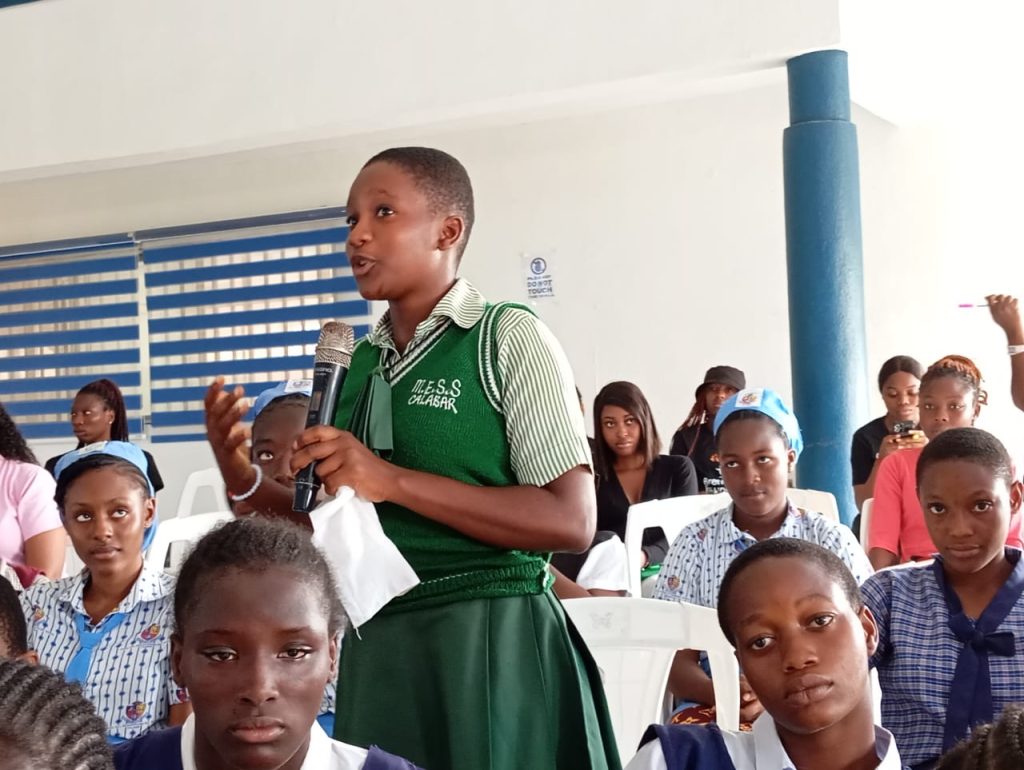
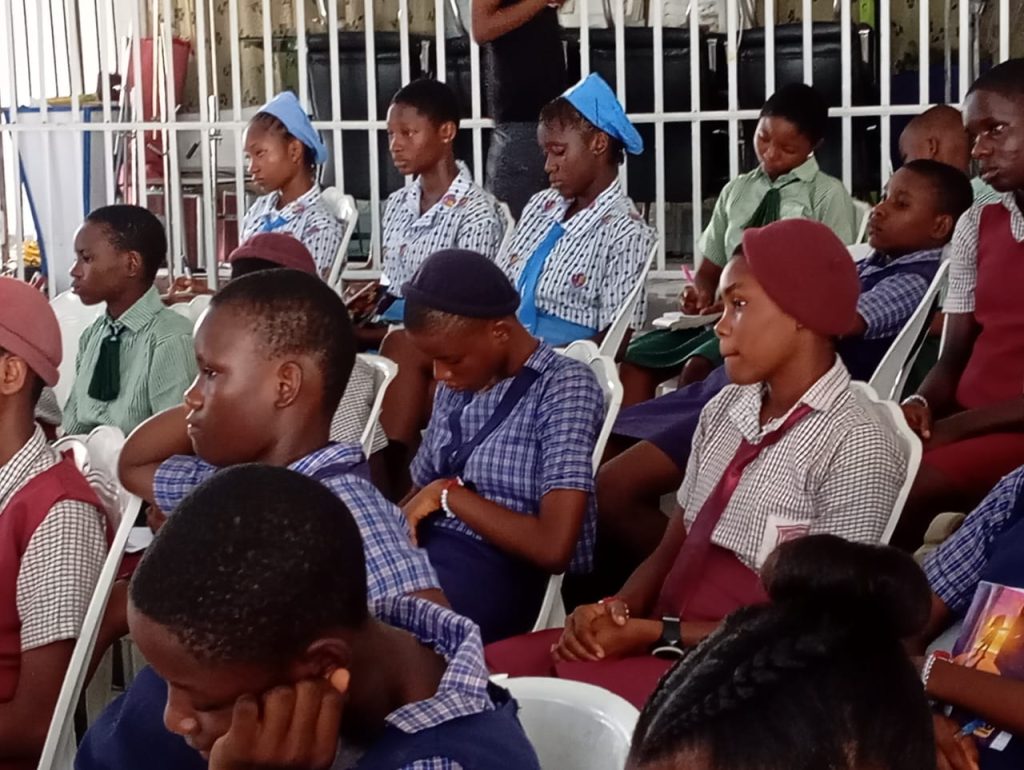
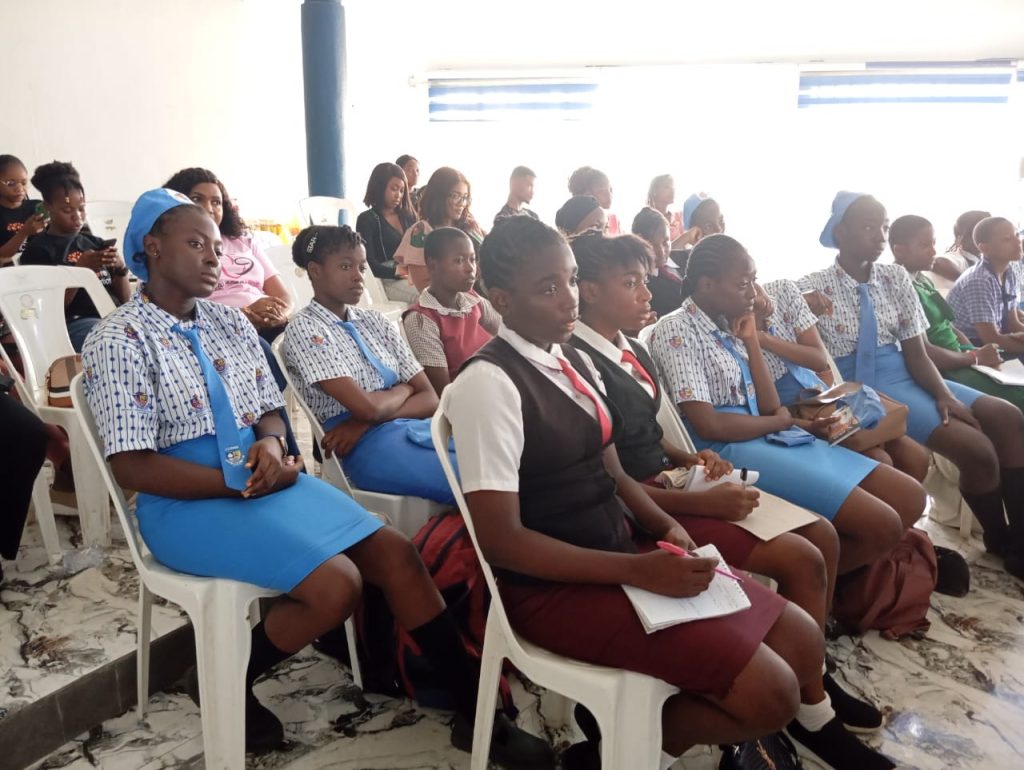
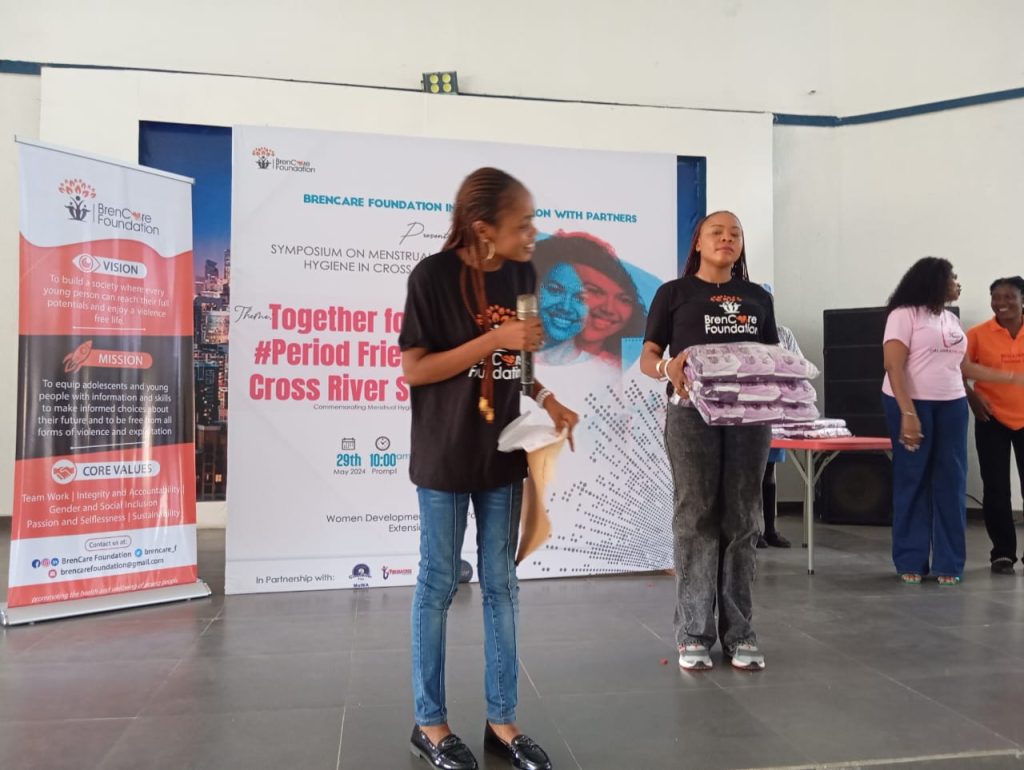
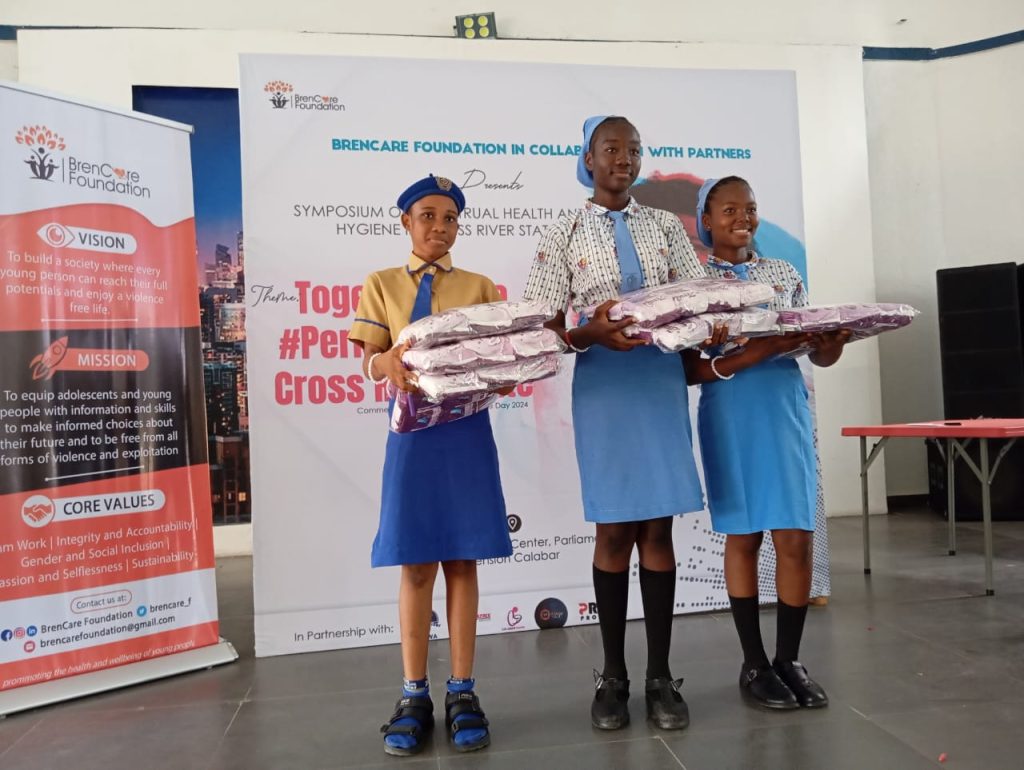
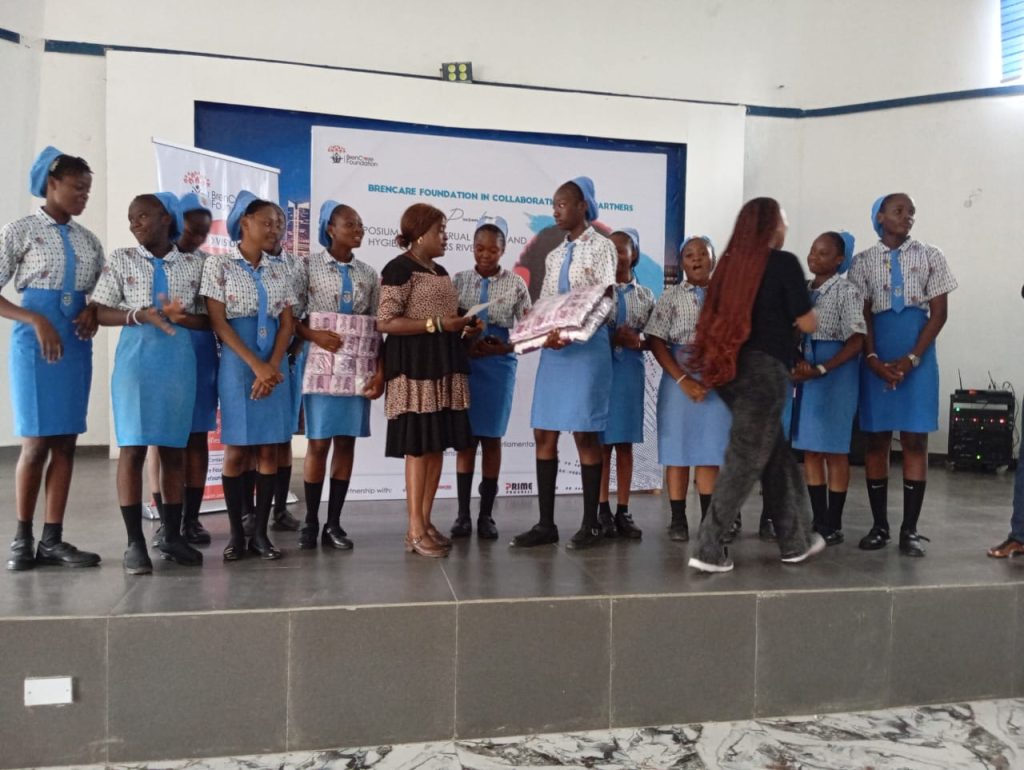
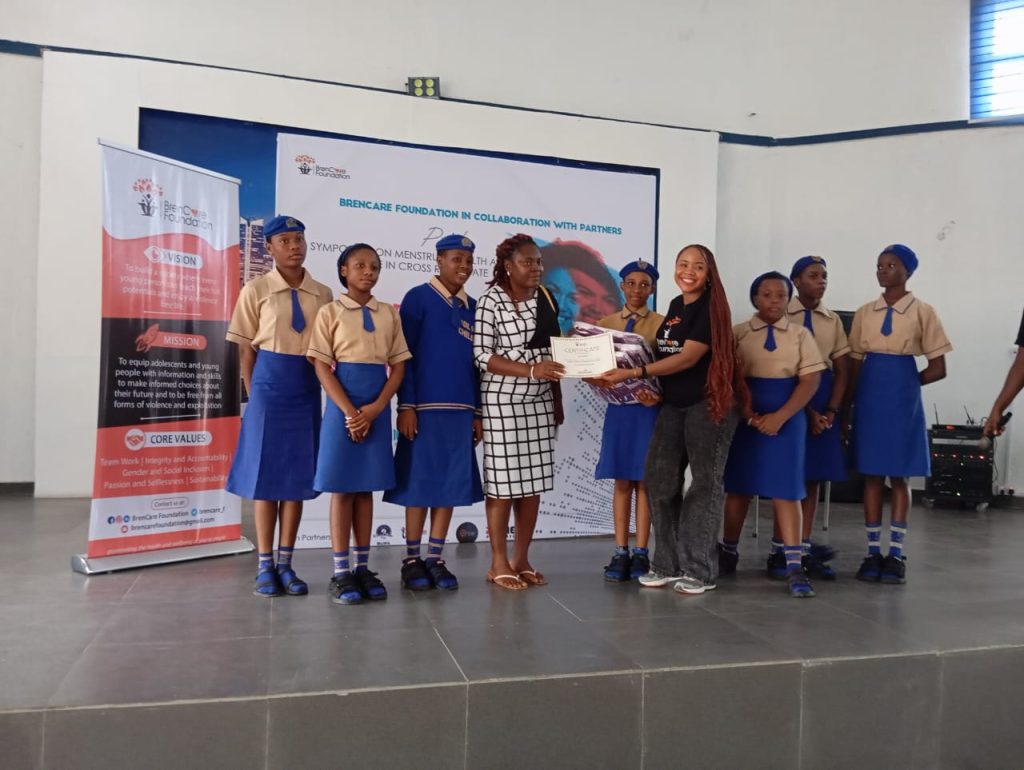
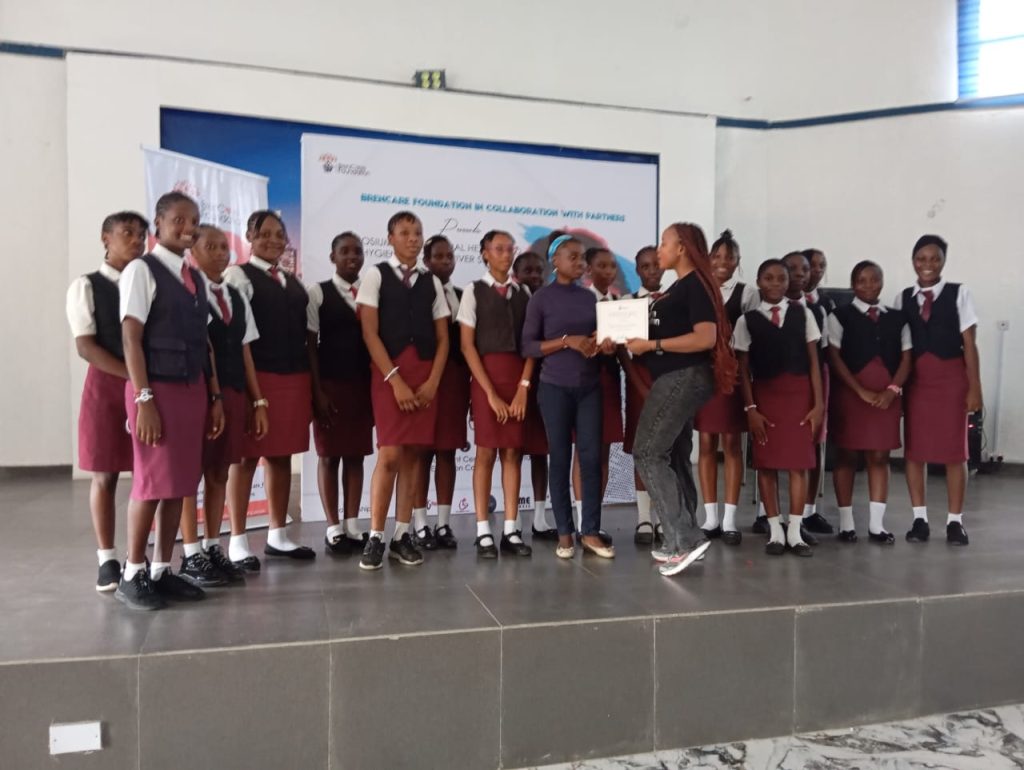
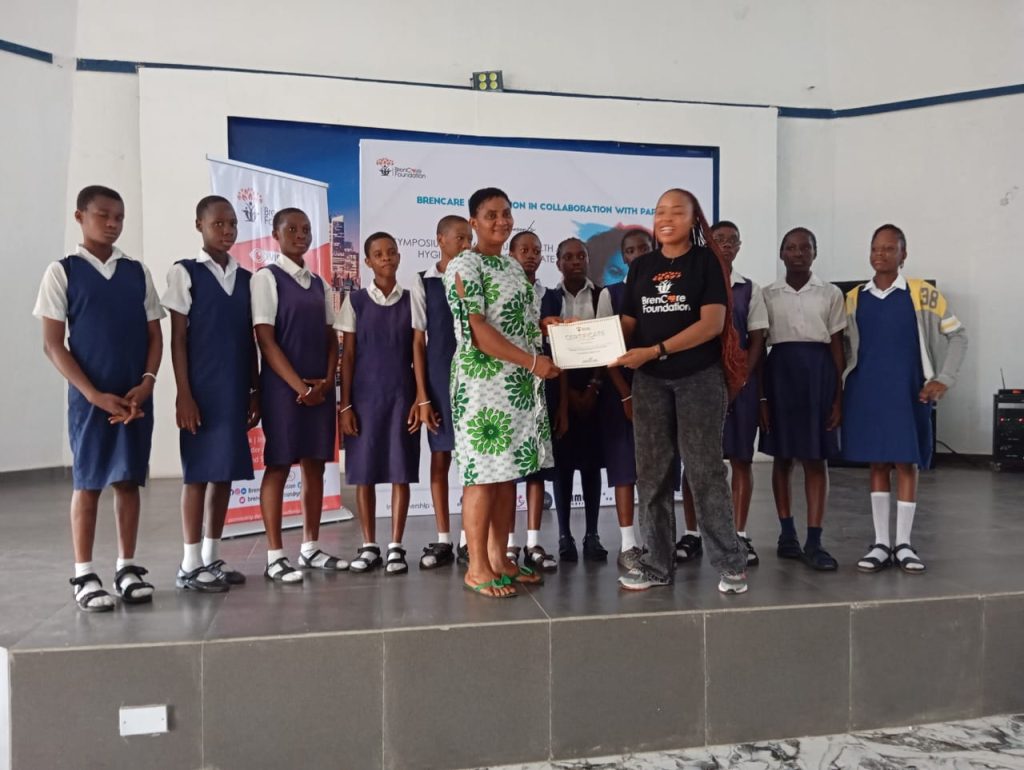
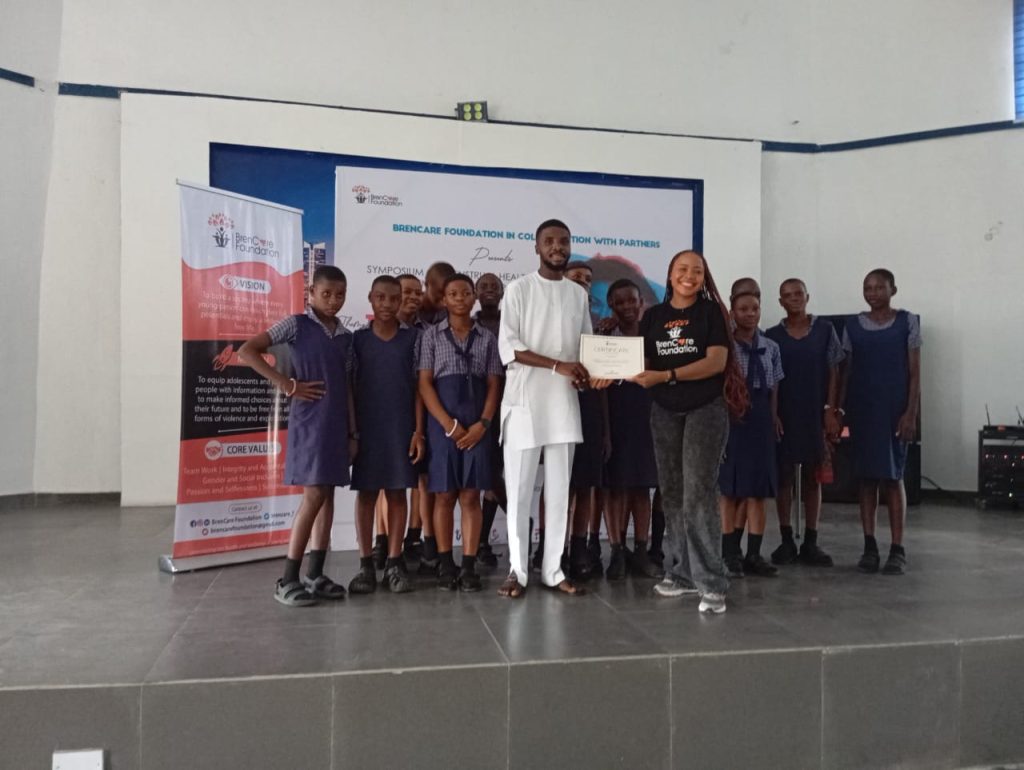
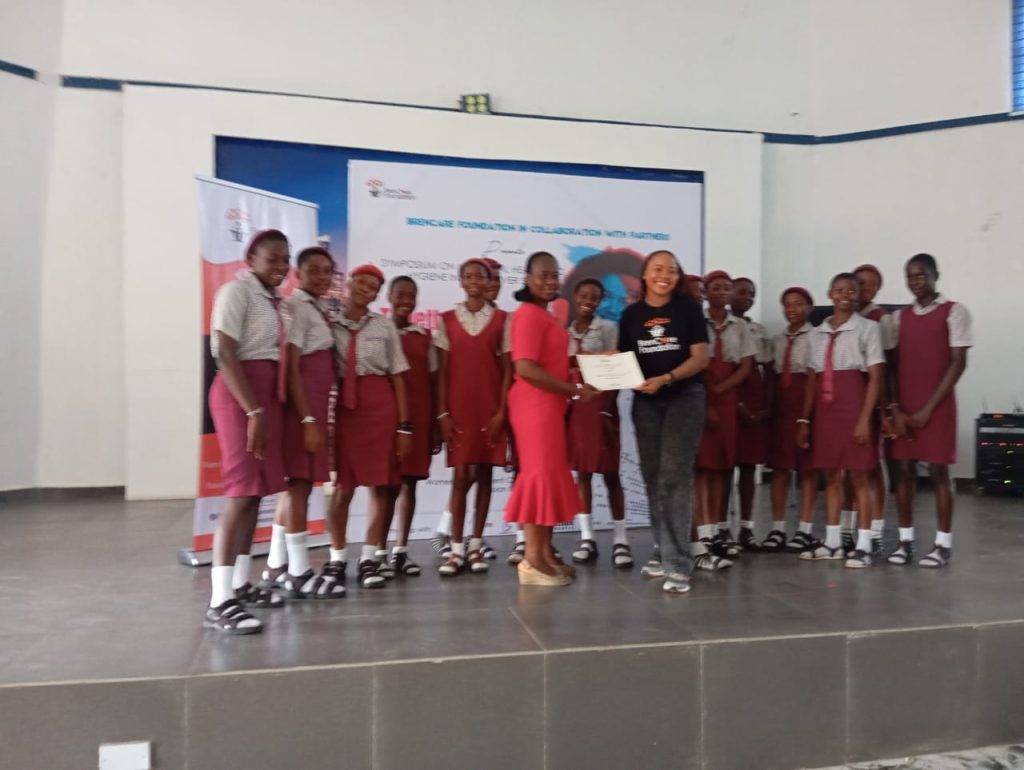
Since You Are Here, Support Good JournalismCrossRiverWatch was founded on the ideals of deploying tech tools to report in an ethical manner, news, views and analysis with a narrative that ensures transparency in governance, a good society and an accountable democracy. Everyone appreciates good journalism but it costs a lot of money. Nonetheless, it cannot be sacrificed on the altar of news commercialization. Consider making a modest contribution to support CrossRiverWatch's journalism of credibility and integrity in order to ensure that all have continuous free access to our noble endeavor. CLICK HERE |
New Feature: Don't miss any of our news again.Get all our articles in your facebook chat box.Click the Facebook Messenger Icon below to subscribe now
Text Advert by CRWatch :Place Yours

Will You To Learn How To Make Millions Of Naira Making Special Creams From Your Kitchen?.Click Here
Expose Your Business And Make More Sales. Advertise On CrossRiverWatch.com Today

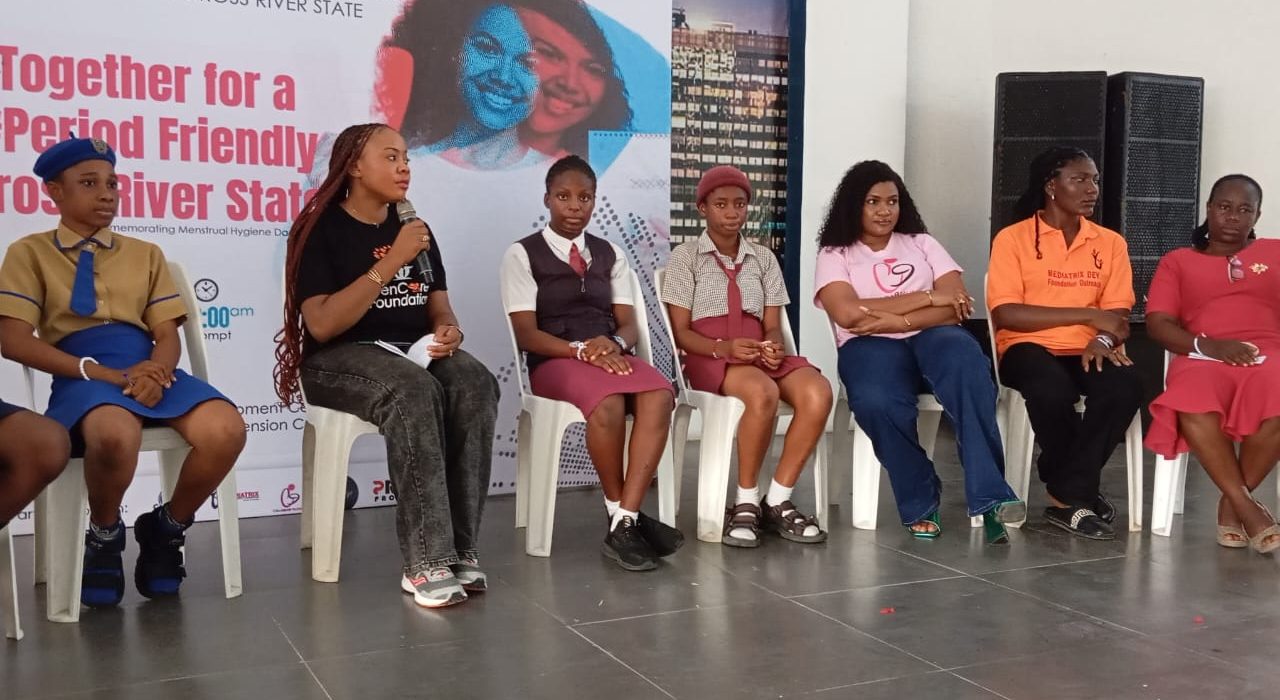

Leave feedback about this